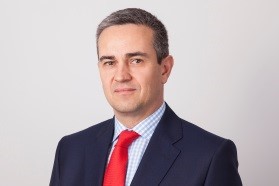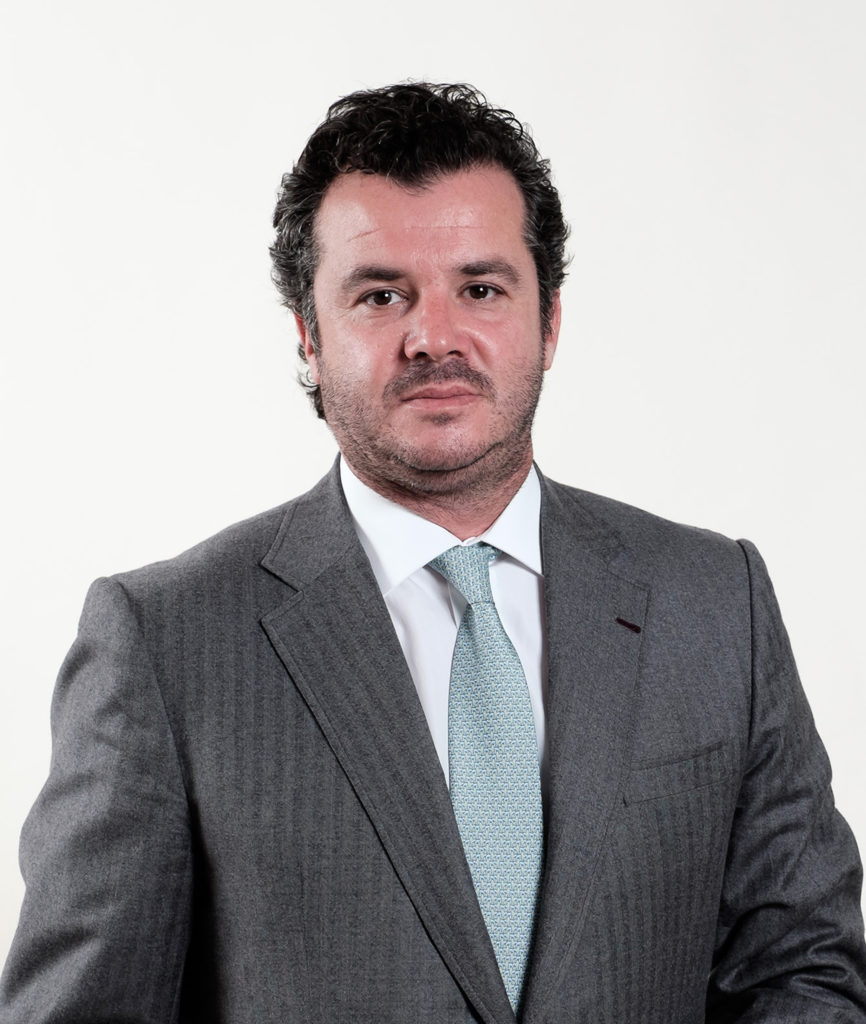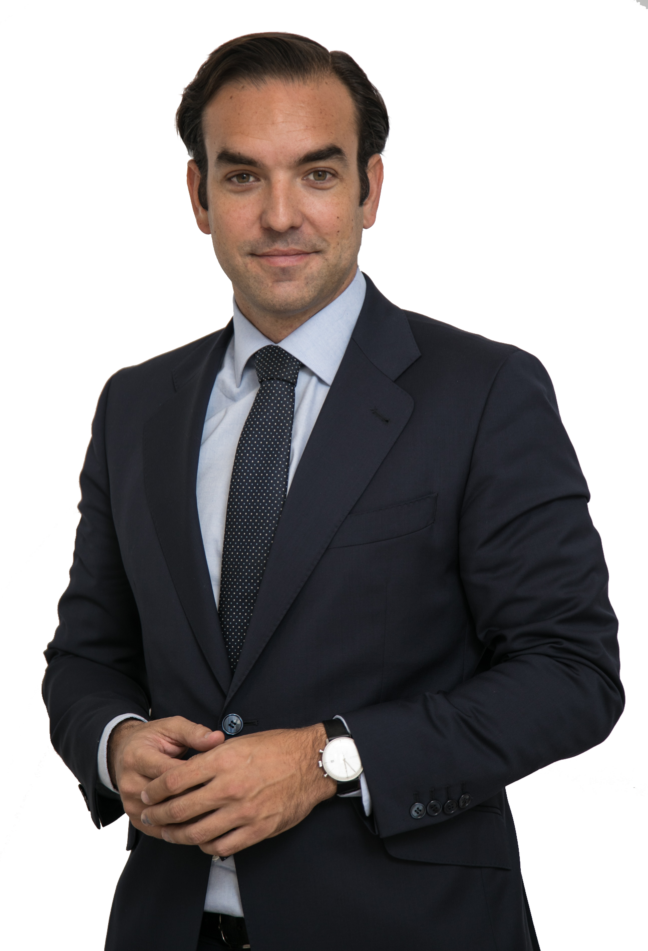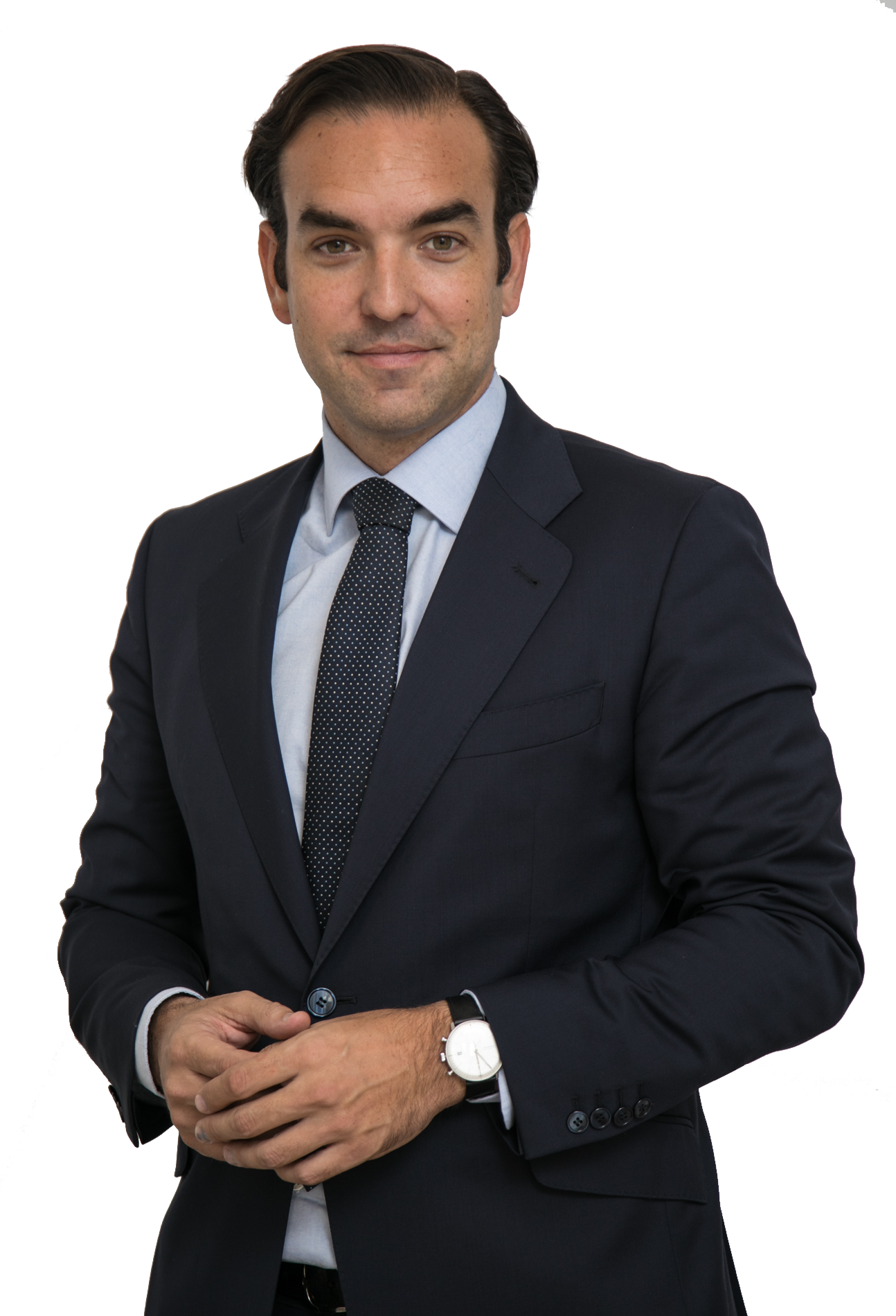TTR DealMaker Q&A with Rivero & Gustafson Abogados Partner Eliecer Pérez
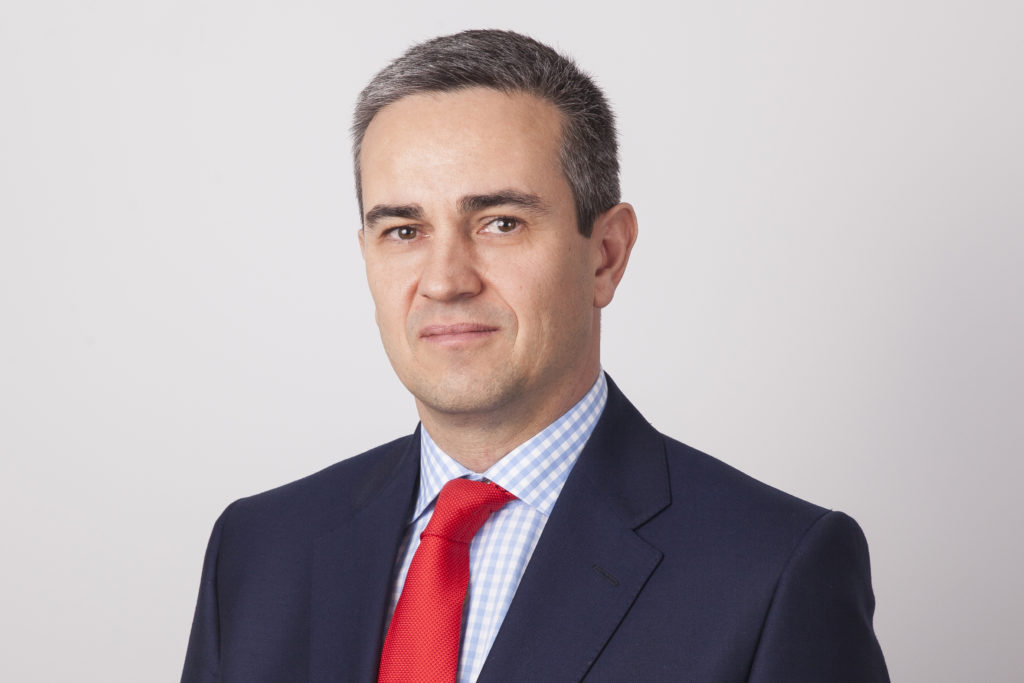
TTR: As the responsible of Corporate /M&A area, how you Will describe the beginning of the year in Spain in mergers and acquisitions?
EP: Generally, the beginning of the new year, has started with the positive trend of 2018, we have seen a significant growth in the operations of M&A, specially from foreign investors that hope in Rivero&Gustafson to go on with its operations in Spain.
TTR: How attractive is the Spanish market against other international economies?
EP: Actually, Spain has a big attractive market for international investors. In 2018, our country finished in an historical position with the M&A operations.
In this sector, the trends are playing a very important paper because they are a sign of confidence for the investors. In this way, the fact that Spain is over other economies, even more solid, confirm that our market will continue to consolidate as one of the best options for M&A operations.
TTR: How can Brexit affect to our market?
EP: Great Britain is still being a high activity market in financial terms. In fact, is expected a period of retaining from investors, waiting for the new political situation to guarantee the same conditions to go on working.
Precisaly, during this expectation period, the Spanish market is a fine opportunity to those investors that, for the first time, are thinking to carry out transactions in our country.
So Brexit, can be an opportunity for uncommon investors in our country that start to make financial projections in Spain.
TTR: In which sector can we see a big interest for the national and international investors?
EP: No doubt, the real estate sector is growing and is a big attractive for the investors we are working with.
In other way, the technological sector is in a very interesting rapid growth phase. The investors are very interested in startups. In that way, in Spain we´ve got an important leader ambition in the young people, which is an important economic incentive for the area professionals.
TTR: Historically, the real estate sector is the most transactions sector in Spain, and 2019 is not an exception, what´s the reason for this?
EP: The real estate sector in Spain count with several factors that explain the wide business volume. The price of property in Prime locations in Madrid and Barcelona is still being very attractive. In comparison with other big European capitals. In addition, the profitability of that real estate inversions, in residential and commercial, are high due to the good functioning of renting market. Is convenience to considerer that our climatic conditions and quality of life, invite to particulars for inversions.
TTR: Into the real estate sector, which locations, besides Madrid and Barcelona, offer a big attractive for investors? Why?
EP: Everything relationed with seasonal tourism offers a big economic attractive. Actually, Costa del Sol and Islas Baleares, are two of the best options to every investors interested in a big profit margins. In other way, Islas Canarias, due to their magnifique climatic conditions, are being a great option for investors against other crowed locations.
Entrevista con Eliecer Pérez Socio Coordinador del Área Mercantil
en Rivero & Gustafson Abogados.
Eliecer Perez es licenciado en Derecho por la Universidad Autónoma (1994) y tiene un Máster en Asesoría Jurídica de Empresa por el Instituto de Empresa (1995). Se incorporó a Rivero & Gustafson Abogados en julio de 2009, pero ya estuvo trabajando 8 años (1997-2005) en el despacho con anterioridad. Fue director de la asesoría jurídica del grupo Cosmani y después director de la asesoría jurídica del RACE (Real Automóvil Club de España).
TTR: Como responsable del Área Mercantil de Rivero & Gustafson, ¿cómo definiría el comienzo de año en materia de fusiones y adquisiciones en España?
EP: En términos generales, podemos decir que el comienzo de año ha venido muy marcado por la tendencia positiva de 2018, hemos comprobado un aumento significativo de las operaciones de M&A, especialmente de inversores extranjeros que confían en Rivero & Gustafson para llevar a cabo sus operaciones en España.
TTR: ¿Cómo de atractivo resulta el mercado español respecto a otras economías internacionales?
EP: A día de hoy, España es un mercado de gran atractivo para inversores internacionales. En 2018, nuestro país acabó en una posición histórica en lo que respecta a operaciones de M&A. En este sector, las tendencias juegan un papel fundamental en tanto que son signo de confianza para los inversores. En este sentido, el hecho de que España esté por encima de otras economías, a priori, más sólidas no hace sino confirmar que
nuestro mercado seguirá consolidándose como una de las mejores opciones para realizar operaciones de M&A.
TTR: ¿De qué manera puede afectar el Brexit a nuestro mercado?
EP: Reino Unido sigue siendo un mercado con una tremenda actividad en términos financieros. Lo cierto es que se prevé un periodo temporal de contención por parte de los inversores, a la espera de que la nueva situación política pueda seguir garantizando las mismas condiciones con las que venían operando.
Precisamente, durante este periodo de expectación, el mercado español es una estupenda oportunidad para aquellos inversores que, por primera vez, se planteen realizar operaciones en nuestro país. De modo que, en definitiva, el Brexit puede suponer una oportunidad para que inversores no habituales en nuestro país comiencen a realizar proyecciones sobre futuros proyectos en España.
TTR: ¿En qué sectores se percibe un mayor interés por parte de inversores nacionales e internacionales?
EP: Sin duda alguna, el sector inmobiliario está en clara tendencia alcista, y constituye un gran atractivo para los inversores con los que trabajamos en Rivero & Gustafson. Por otro lado, el sector tecnológico está igualmente en una fase muy interesante de expansión. Las Startups copan gran parte del interés de los inversores. En este sentido, creo que en España hay un importante espíritu emprendedor por parte de muchos jóvenes, lo cual supone un importante estímulo económico para los profesionales del área.
TTR: Históricamente el sector inmobiliario es el que más operaciones contabiliza en España, y 2019 no es una excepción, ¿a qué se debe esta circunstancia?
EP: El sector inmobiliario en España cuenta con varios factores que explican su
amplio volumen de negocio. El precio de los inmuebles en las zonas Prime de Madrid y Barcelona sigue siendo muy atractivo en comparación con otras grandes capitales europeas.
Además, la rentabilidad de dichas inversiones mobiliarias, tanto en residencial como en comercial, es alta debido al buen funcionamiento del mercado de alquiler. Por último, conviene tener en cuenta que las condiciones de climáticas y de calidad de vida en España, invitan a la inversión de particulares en este sector.
TTR: Dentro del sector inmobiliario, ¿qué localizaciones diría usted, además de Madrid y Barcelona, que ofrecen un mayor atractivo para los inversores? ¿Por qué?
EP: Toda el área vinculada al turismo estacional ofrece siempre un gran atractivo económico. En la actualidad, la Costa del Sol e Islas Baleares son dos de las mejores opciones para cualquier inversor interesado en amplios márgenes de rentabilidad.
Por otro lado, las Islas Canarias, debido a sus magníficas condiciones climatológicas, se están presentando igualmente como una muy buena opción para cualquier inversor frente a otras zonas de España más masificadas.
